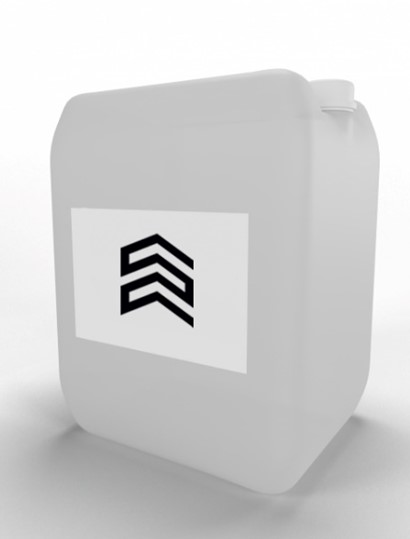More than 100 samples of semi-finished products were tested in the Amur Region.
The products were tested for compliance with the requirements of CU TR 034/2013 (MEAT and meat product safety), CU TR 021/2011 (food safety), and EAEU TR 040/2016 (fish and fish product safety). Laboratory analyses included testing for the presence of antibiotics , determining the raw material composition (DNA), identifying coliform bacteria (EC), toxic elements, pathogenic microorganisms, and other quality and safety indicators.
The results showed that five of the 17 samples did not meet established standards. Specifically, pelmeni, manti, and kupaty (preserved meat sausages) were found to have abnormal levels of coliform bacteria (CGB) and mesophilic aerobic and facultative anaerobic microorganisms (MAFAM).
Information about the identified nonconformities was sent to Rosselkhoznadzor's Vesta early warning system and communicated to manufacturers for corrective action. This will help eliminate the violations and ensure the production of safe products.
According to laboratory specialists, elevated bacterial levels in food products may be the result of insufficient heat treatment, poor equipment cleaning, or improper storage conditions. Such violations of sanitary and hygienic standards can lead to contamination of products with pathogenic microorganisms, increasing the risk of food poisoning and infections.
Product quality control remains an important tool for ensuring consumer safety and preventing the release of substandard food products.
Read together with it:
- An HSE expert reported on the "evolution of inequality" in access to healthcare.An HSE researcher analyzed Russians' access to healthcare over a ten-year period. In 2021, the influence of financial factors became noticeable for the first time: low income reduces the likelihood of visiting a DOCTOR.Over the ten years from 2011 to 2021, the number of Russians requiring medical care but not receiving it remained virtually unchanged, according to a study by Lyudmila Zasimova, hea...
- В Тульской области уничтожили 24 кг санкционных сыров и мясных продуктов из ЕвропыВо время совместной проверки с транспортной прокуратурой из оборота было изъято 24,45 кг сыров и мясных изделий, произведенных в таких странах, как Дания, Испания, Норвегия, Италия, Ирландия и Франция. Ввоз данной продукции на территорию России запрещен в соответствии с указом Президента, касающимся специальных экономических мер. Изъятая продукция была ликвидирована путем измельчения и денатурации...
- Pharmaceutical companies see a threat to EU security due to bacteria in UkraineAntibiotic-resistant superbugs have been detected in Ukrainian soldiers since the beginning of the conflict, and now they pose a threat to Europe, according to a foundation developing antibiotics.The Ukrainian conflict threatens Europe with antibiotic-resistant "superbugs," said Henry Skinner, CEO of the AMR Action Fund, which specializes in investing in antimicrobials. His article was published o...
- В Амурскую область поступило свыше 6 тысяч тонн мяса птицы из КитаяС 3 июня по 6 ноября инспекторы проверили 290 партий мяса, все из которых были сопровождены ветеринарными сертификатами, подтверждающими их качество и безопасность. Лабораторные исследования, проведенные под контролем Россельхознадзора, не выявили нарушений, и груз был допущен на территорию России.





























































